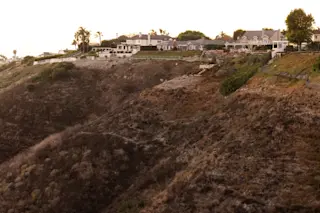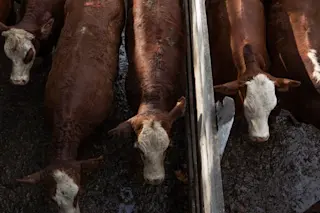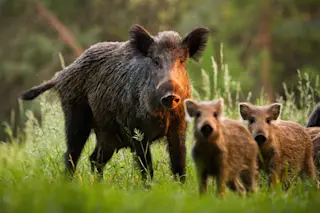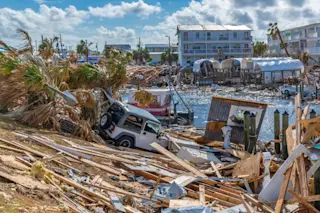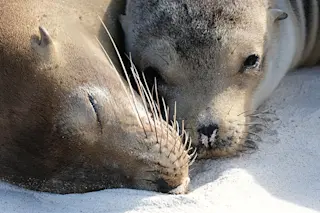: After running aground last week on a remote island off the coast of South Africa, a freighter has leaked over 800 tons of fuel oil, coating an estimated 20,000 already-endangered penguins. “The scene at Nightingale [Island] is dreadful as there is an oil slick around the entire island,” said Tristan Conservation Officer Trevor Glass said in a statement. But even worse, authorities fear that the rats from the soybean-toting ship will swim to the island and destroy the bird population. What's the Context:
What's the News
The MS Oliva was traveling from Brazil to Singapore when it ran aground last Wednesday for unknown reasons, breaking up on Saturday and pouring some of its 1,500 tons of heavy oil into the surrounding waters.
There are over 200,000 Northern Rockhopper Penguins (nearly half the world's population of this species) on the Tristan Da Cunha archipelago, which includes Nightingale Island. This cleanup ...



